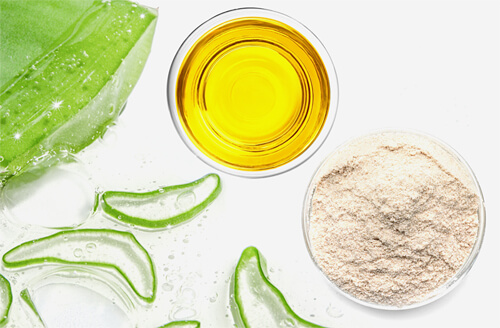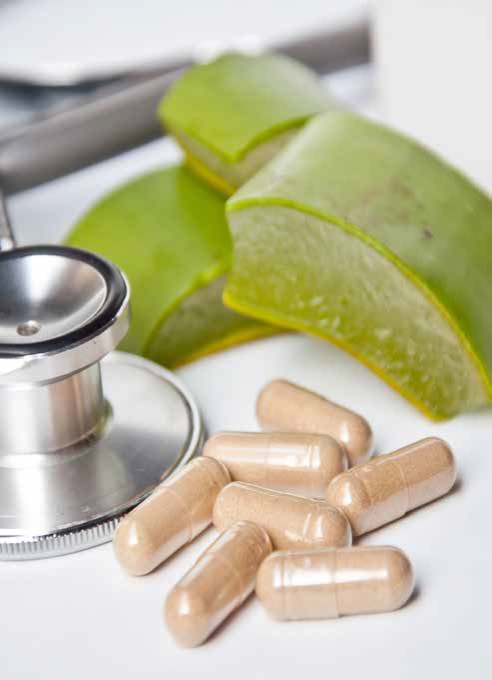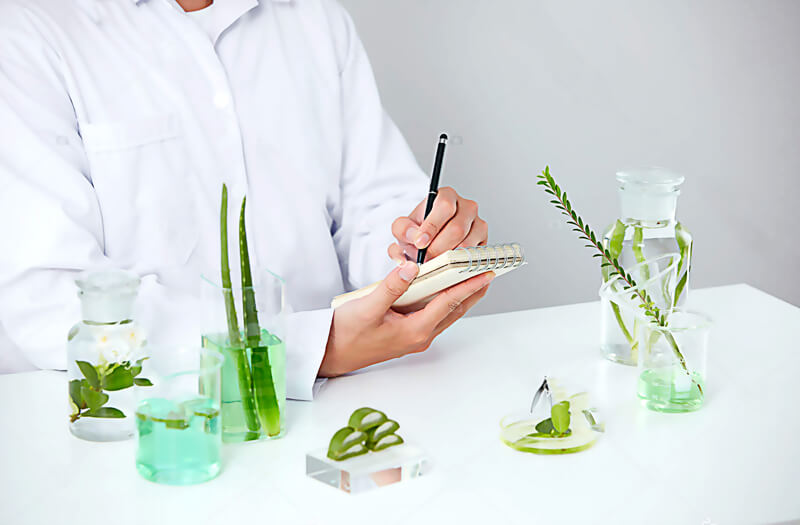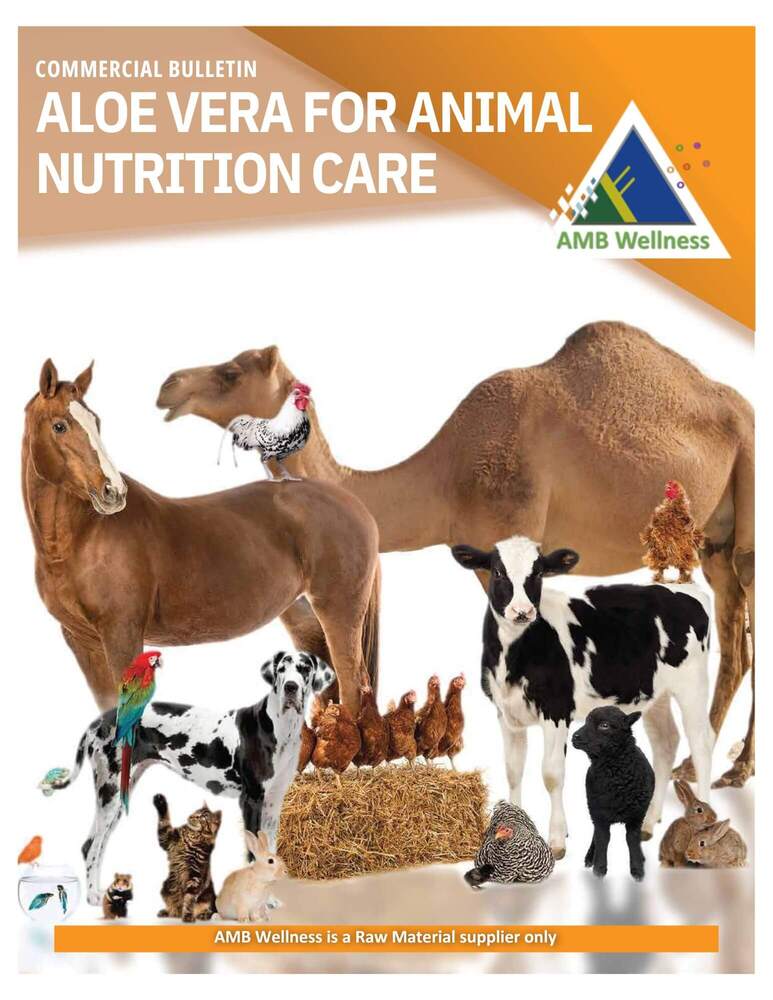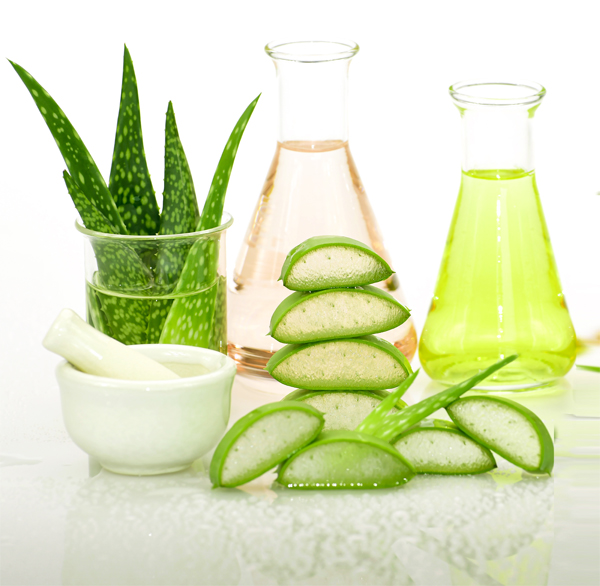Author: B Carien, V Alvaro, H Josias
Clinically, significant herb-drug interactions have been previously documented and can be pharmacodynamic and/or pharmacokinetic in nature. Pharmacokinetic interactions have been attributed to induction or inhibition of either metabolic enzymes or efflux transporters, study identified a modulation effect of efflux transporters by certain aloe materials, herb-drug pharmacokinetic interactions when drugs that are substrates for these efflux transporters are taken simultaneously with aloe material, aloe materials may be used for drug absorption enhancement for drugs with low bioavailability due to extensive efflux, drugs crossing the intestinal epithelium membrane by passive diffusion may be substrates for efflux transporters that extrude compounds back into the gastro-intestinal lumen from within the epithelial cells, Herb-drug interactions can be pharmacodynamic or pharmacokinetic in nature and in some cases, may be clinically significant. Pharmacokinetic herb-drug interactions have been attributed to induction or inhibition of either metabolic enzymes or efflux transporters by phytoconstituents present in the herbs, Inhibition of drug efflux by co-administered herbs would result in higher uptake of the drug that may necessitate a reduction in drug dose to prevent toxic adverse effects, Aloe Vera Gel juice did not inhibit P-gp efflux transport of digoxin across Caco-2 cell monolayers, aloe vera materials on the efflux of cimetidine across excised rat intestinal tissues to identify potential interactions due to efflux modulation.

